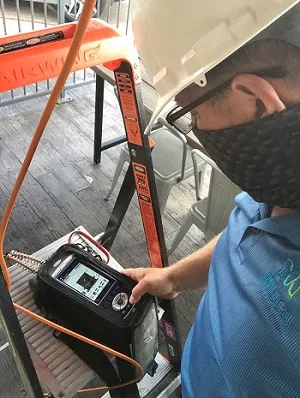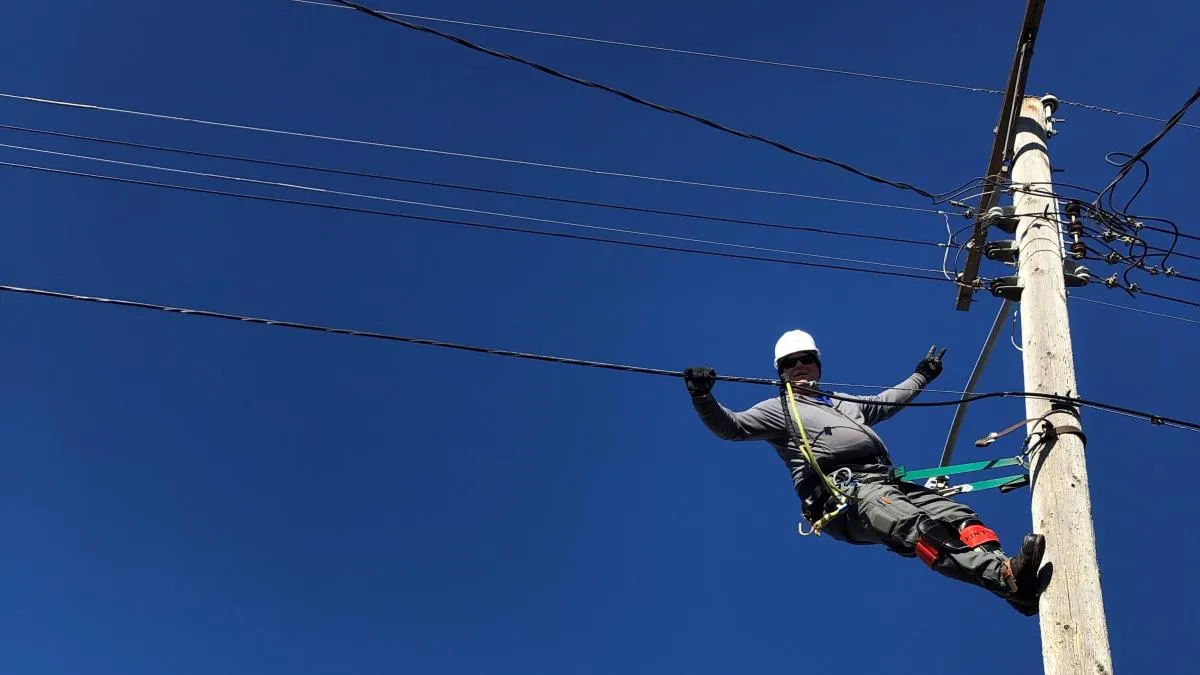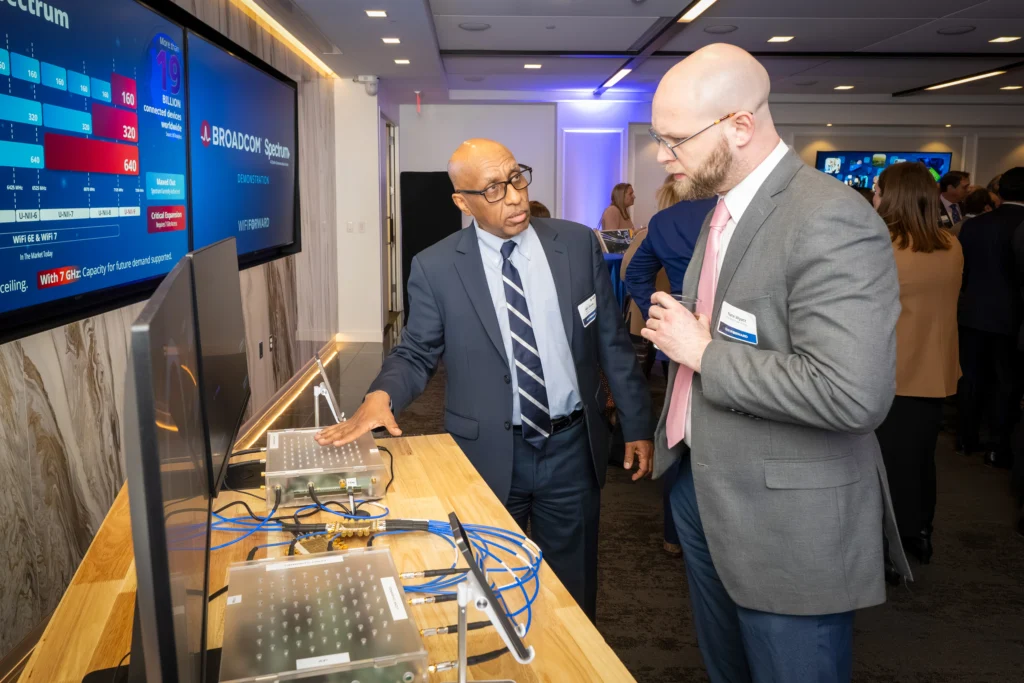With the COVID-19 pandemic continuing to require millions of Americans to stay home from work and school, our broadband networks are working overtime to provide a critical link in keeping consumers connected. As NCTA continues to report weekly on how cable’s networks are managing the surge in internet traffic, it is also worth reflecting on the dedication and effort of those working behind the wires to keep networks ahead of the curve and help consumers in adapting to this unprecedented crisis.
One of the most important reasons for our success is the hundreds of thousands of essential personnel that are working around the clock, with longer hours and more demands than ever before. From call center employees working out of their homes to field technicians out in communities doing repairs or network augmentations, the collective effort of cable’s workforce has never been more important. After all, cable’s network is a physical infrastructure that needs monitoring, maintenance, repairs, new hardware and other measures to ensure it delivers the optimal experience.
 We recently caught up with Midco field technician Brad Hoff—who mainly serves the area of Sioux Falls, S.D. and its outer suburbs, a population of around 250,000 people—to get his perspective on working during the pandemic. Even despite COVID-19, for Midco’s upper Midwest footprint, a few of the challenges of serving homes and businesses already included the harsh weather that includes floods, tornados, and ice storms.
We recently caught up with Midco field technician Brad Hoff—who mainly serves the area of Sioux Falls, S.D. and its outer suburbs, a population of around 250,000 people—to get his perspective on working during the pandemic. Even despite COVID-19, for Midco’s upper Midwest footprint, a few of the challenges of serving homes and businesses already included the harsh weather that includes floods, tornados, and ice storms.
Hoff attributes the increased workload that many technicians have experienced during the pandemic to several different factors. Whereas he might normally have 3-5 jobs in a day, now he typically performs 6-8 jobs. “You might have five people working from home now for 12 hours a day instead of the usual six. You have mom and dad home, and kids are now schooling from home. So maybe they need faster internet now to accommodate their new scenario, so we are there to help with that,” said Hoff.
Hoff has also been helping to install internet for families with school-aged children that don’t have internet access. One of Midco’s commitments during the pandemic has been to provide free internet access for eligible households with school-aged children so that they may complete their school year through virtual means. So far, the provider has performed around 2,500 of these installations.
Midco has a prevention team in place that guides its technicians and employees through a series of precautions to take when interacting with customers. The prevention team was established to address COVID-19 both internally for Midco’s employees and externally for its customers. But the technicians are doing a lot of “door drops,” as Hoff explained, to avoid contact whenever possible. “We take care of it on the outside over the phone. A lot of it tends to be simple things, like a bad modem or cable box that they can fix themselves with a little guidance from us.”
One of the biggest challenges for Hoff throughout the pandemic has been the use of masks, because he is no longer able to see his customers’ facial expressions. “It’s harder to read people now. That’s a tool that I normally have. You can determine what someone is thinking or saying just by facial expressions,” said Hoff. “But you let them know that you are there for them. You want to help them, and you let them know they aren’t putting you out by any means. We are here for you. And you just take the time and effort to put them at ease.”
“I like to emphasize that we really care about our customers, our employees, and our community. We try to make sure everyone knows we’re in this together, whether it’s a pandemic, tornado or anything else,” said Hoff.









